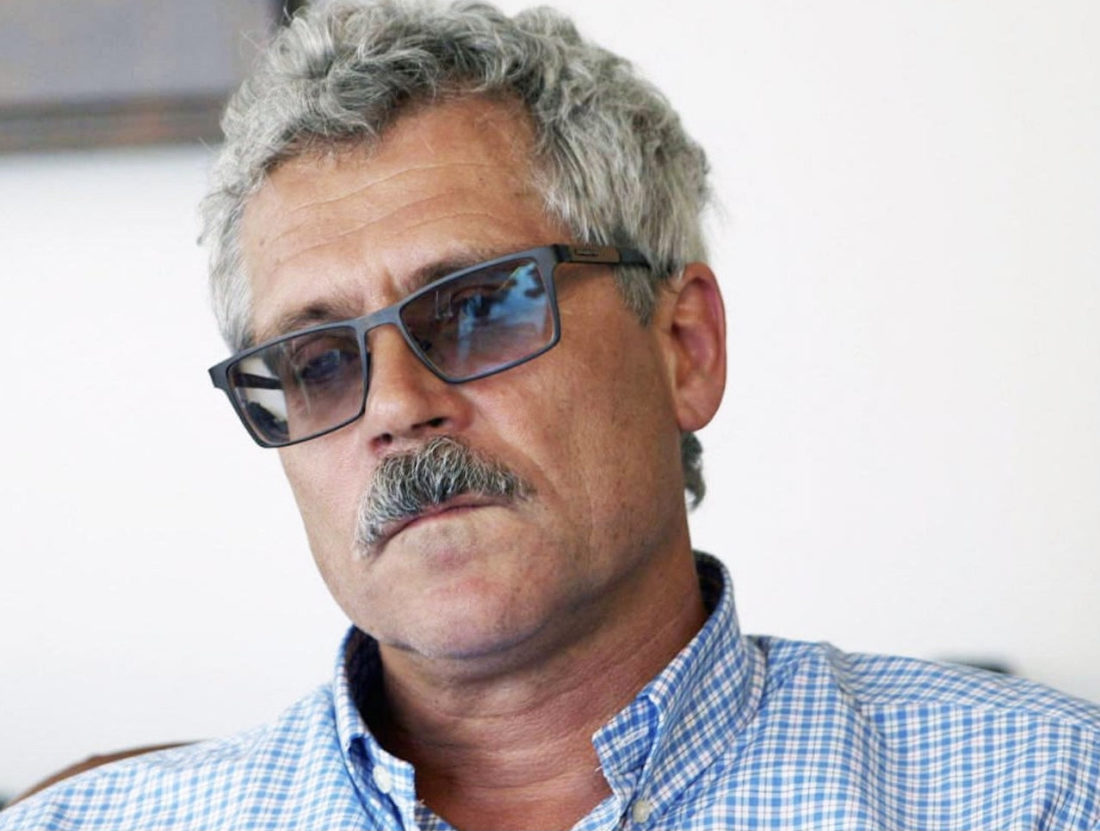Helsinki Commission Call For GOLD Extension To Rodchenkov Anti-Doping Act Follows First Charges Under Olympic Legislation

Helsinki Commission leaders have welcomed the first charges to be laid under the Rodchenkov Anti-Doping Act in the United States, which have prompted a call for the GOLD Act to be passed by Senators to extend the scope of the new legislation.
The first charge under the Rodchenkov Act that stemmed from the revelations of Dr. Grigory Rodchenkov in the systematic doping crisis that landed Russia two whole-nation bans in the past Olympic cycle. The Yesterday, prosecutors announced Eric Lira, 41, of El Paso, Texas, had been taken into custody. He is alleged to have fed banned substances to athletes ahead of the Tokyo 2020ne Olympic Games.
The Helsinki Commission statement in full:
HELSINKI COMMISSION WELCOMES FIRST CHARGES UNDER THE RODCHENKOV ANTI-DOPING ACT
WASHINGTON—Following the first charges filed under the Helsinki Commission’s Rodchenkov Anti-Doping Act for a doping scheme at the Tokyo Olympics, Helsinki Chairman Sen. Ben Cardin (MD), Co-Chairman Rep. Steve Cohen (TN-09), Ranking Member Sen. Roger Wicker (MS), Ranking Member Rep. Joe Wilson (SC-02), and former Commissioner Rep. Michael Burgess (TX-26) issued the following statements:
“Swift utilization of the Rodchenkov Anti-Doping Act is exactly what we hoped for with this legislation,” said Chairman Cardin. “I thank the U.S. attorneys and investigators who put in long hours of work pursuing this case. They understood the importance of cleaning up cheating and corruption in international sports, which often is a tool of autocratic governments. These first charges are only the beginning and serve as a very public part of the global anti-corruption strategy supported by the Biden administration and spearheaded by the Helsinki Commission for many years.”
“I welcome this first enforcement action under the Rodchenkov Act and urge the Department of Justice to continue unraveling the corruption that infects international sport,” said Co-Chairman Cohen. “Sports should bring people together and celebrate achievement—they should not be an opportunity for fraud. My own GOLD Act would expand the Rodchenkov Act and I call on my colleagues to pass it swiftly.”
“These charges are the culmination of years of work to hold administrators, doctors, and officials accountable for their role in corrupting international sport,” said Sen. Wicker. “They demonstrate that our new approach is working. I thank the public servants at the U.S. Department of Justice and urge them to continue their efforts to enforce this critically important law.”
“Dictators and their cronies interfere in everything we hold dear, including sports. They view victory in international sport as a way to trumpet the greatness of their oppressive systems. Cheating in sports is part of their foreign policy,” said Rep. Wilson. “With the Rodchenkov Act, we are holding these corrupt networks to account. I applaud the Department of Justice for prosecuting fraudsters at the Tokyo Olympics and call on them to do the same in Beijing.”
“From a young age, professional athletes dedicate themselves to becoming the best in their sport. For those skilled enough to make it to the Olympics, their efforts should not be tainted by doping schemes,” said Rep. Burgess. “Yesterday’s charges provide hope to those that have been defrauded. They would not have been made possible without the Rodchenkov Anti-Doping Act. I worked to enact this law to maintain sport integrity and keep all American athletes safe and protected from fraud. Further, yesterday’s action is a win for athletes such as Katie Uhlaender, whose moving testimony spurred Congress into action. I hope that yesterday’s charges are only the beginning of combatting fraud in international sport competition.”
“This is exactly the kind of action we hoped for following the enactment of this groundbreaking anti-doping legislation,” said Dr. Grigory Rodchenkov, the former head of Moscow’s anti-doping laboratory and the Russian whistle-blower after whom the law is named.

“We are grateful to United States Attorney Damian Williams for taking this monumental first step toward restoring the Olympic games to their role as a cherished forum for nations to convene in the spirit of peace, fairness and cooperation. We cannot continue to allow corrupt states and the overlords of sport commerce to exploit our athletes and traditions of peace to advance the economic and geopolitical interests of the few. Yesterday’s action is entirely appropriate and puts real teeth into anti-doping enforcement, while also setting an example of international cooperation and fair play for future generations.”
Dr. Grigory Rodchenkov – image, courtesy IMBd, still
The Rodchenkov Anti-Doping Act, which became law in December 2020, criminalizes doping in international sport. In July 2021, the Helsinki Commission hosted a hearing on the enforcement of the Rodchenkov Act at the Tokyo Olympics. Earlier that year, Dr. Rodchenkov spoke out publicly for the first time about the impact of the Rodchenkov Anti-Doping Act on a Helsinki Commission podcast, calling it a “game-changer.”
On Wednesday, the New York Field Office of the Federal Bureau of Investigation (FBI) announced the charges against Eric Lira, who they allege “obtained various performance enhancing drugs (‘PEDs’) and distributed those PEDs to certain athletes in advance of, and for the purpose of cheating at, the 2020 Olympic Games held in Tokyo in the summer of 2021.” ### The Commission on Security and Cooperation in Europe, also known as the U.S. Helsinki Commission, is an independent commission of the U.S. Government charged with monitoring compliance with the Helsinki Accords and advancing comprehensive security through promotion of human rights, democracy, and economic, environmental and military cooperation in 57 countries. The commission consists of nine members from the U.S. Senate, nine from the House of Representatives, and one member each from the Departments of State, Defense, and Commerce.